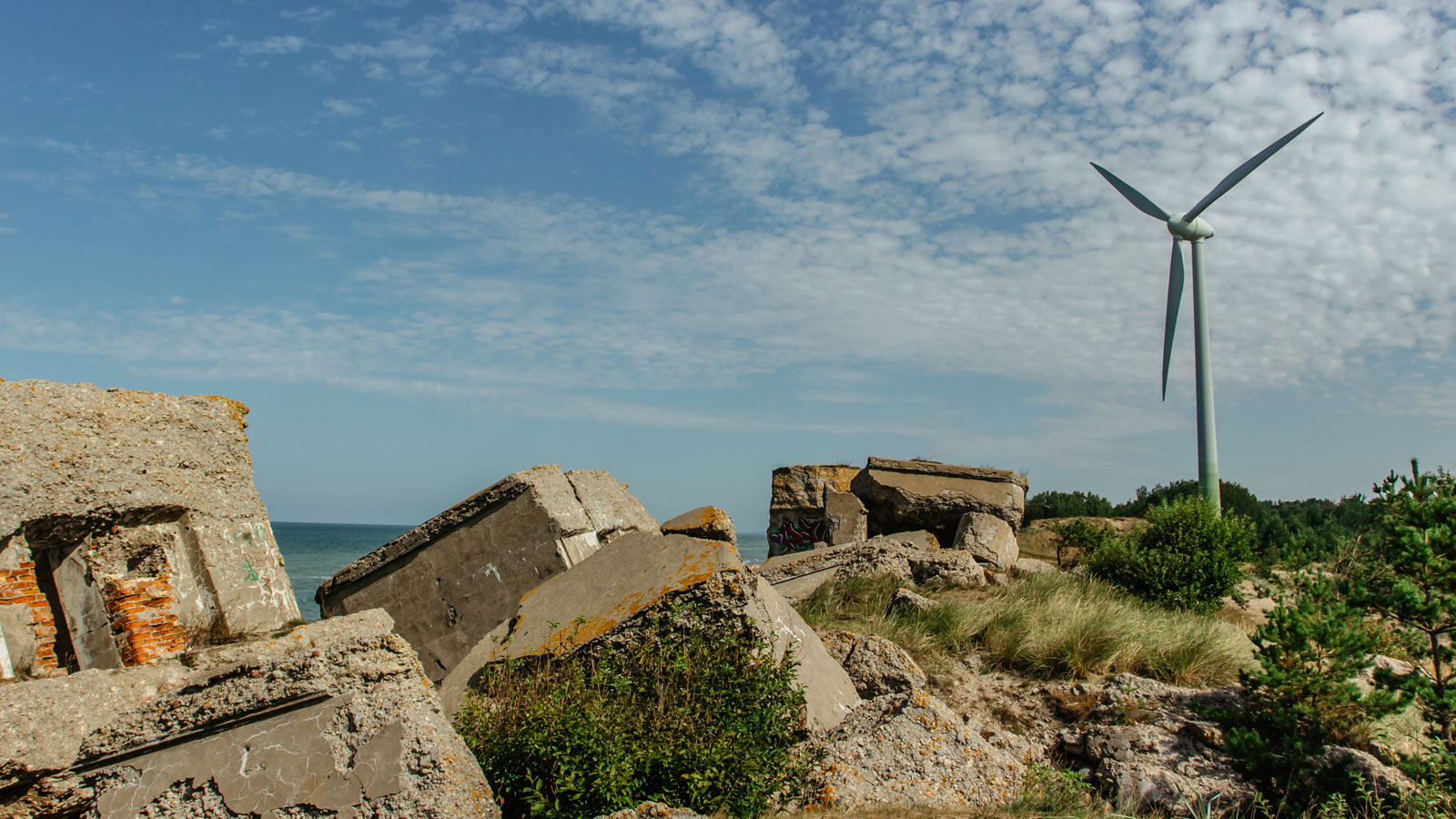It is impossible to forecast how the war in Ukraine is going to end: current events are fast-moving. Given the inhumanity of it all, it is important to consider the resulting uncertainty and implications for the entire world.
Uncertainty about the global ramifications of the war clearly has driven world prices of liquified natural gas (LNG) dramatically higher over the past several months. These price increases have not hurt Russia: In fact, they have helped to finance its war effort. Rapidly climbing LNG and oil prices, however, have, hurt much of the rest of the world, as supplies of LNG have been gobbled up swiftly by the highest bidders with the largest appetites. Those most hurt by all this live in other developed and developing nations all around the world. And even in many European countries and the United States, those with limited means already are suffering.
So what can be done? Any first-year student of economics knows that increasing supplies from all non-Russian sources of energy could work over time, especially in concert with efforts to reduce demand. These are good ideas, of course, but the devil is in the details. There are at least two distinct options:
Option 1: Invest in opening untapped supplies of petroleum and natural gas, drill for more of both, operate existing distribution infrastructure at its fullest capacity, and build more as quickly as possible; or
Option 2: Two complementary parts, here: (a) invest in expanding diverse and decentralized non-fossil energy systems; and (b) invest in R&D on new technologies that can smooth the demand-side transition to using electricity, technologies such as electric vehicles.
The European Union recognizes that the choice is not binary. The EU’s announced plan is designed to reduce dependence on Russian LNG as quickly as possible by expanding access to reserves from the United States. a component of option 1. It seeks to do so while making simultaneous longer-term investments in “frontloading renewable energy and improving energy efficiency” (the very spirit of the dual supply and demand approach of Option 2).
Poland and Belgium already are expanding their LNG terminals, and Greece and Germany have each recently approved construction of three new terminals. Germany has committed to independence from Russian LNG by the middle of 2024. The U.S. has agreed to supply an additional 15 billion metric tons of LNG this year, and the EU will work to promote substitution to LNG to the tune of 50 billion metric tons per year – an effort that will require increased supplies from many places.
But what about the longer term? Details matter there, too. Should the developed world expand the status quo as described in parts of option 1, or should it accelerate its movement toward the environment-friendly structure of option 2? Future investment should favor the latter, and not simply because it would promote a less hazardous climate future. Given the events of the past several decades, it is important to note that doing so would strengthen democracy’s place as a fundamental principle of modern government.
Mr. Putin has successfully invaded sovereign nations whenever his hope of resurrecting the old Russian Empire has been threatened by independence movements within former Soviet satellite states. This time, however, he has encountered a country and population not easily subdued. Ukrainians are fiercely and effectively using weapons and training from the West to defend their way of life. Ukrainians have reminded the planet’s population that democracy is worth fighting for – to the last breath, if necessary.
Putin’s war has pushed world energy markets to inflection points. It has created a perhaps once in a generation opportunity to reorganize and transform global markets toward renewables and thereby reduce the world’s dependence on fossil energy from countries with leadership antithetical to democracy (not just Russia). Investing aggressively in energy option 2 would reduce the political power of major fossil fuel exporting nations with authoritarian leaders. Why? Because rapid transition to Option 2 undermines the ability of autocrats to maintain their extraordinary market clench over supplies of scarce and essential commodities. Such a transition would undermine their access to money from the rest of the world – money they use to fund inhumane oppression at home and unlawful and immoral extracurricular aggression abroad.
Shrinking such gains derived from formidable market power would strengthen the hand of democracy – not by making democracy work better (it will always be messy), but by diminishing the use of fossil fuel energy to bankroll wars and hold energy-needy countries hostage. Constraining dictators’ and autocrats’ power over energy issues can help both to forward democratic principles and to help propel progress toward a cleaner and more healthy global environment.
Gary Yohe is the Huffington Foundation Professor of Economics and Environmental Studies, Emeritus, at Wesleyan University in Connecticut. He served as convening lead author for multiple chapters and the Synthesis Report for the IPCC from 1990 through 2014 and was vice-chair of the Third US National Climate Assessment.
Source link


